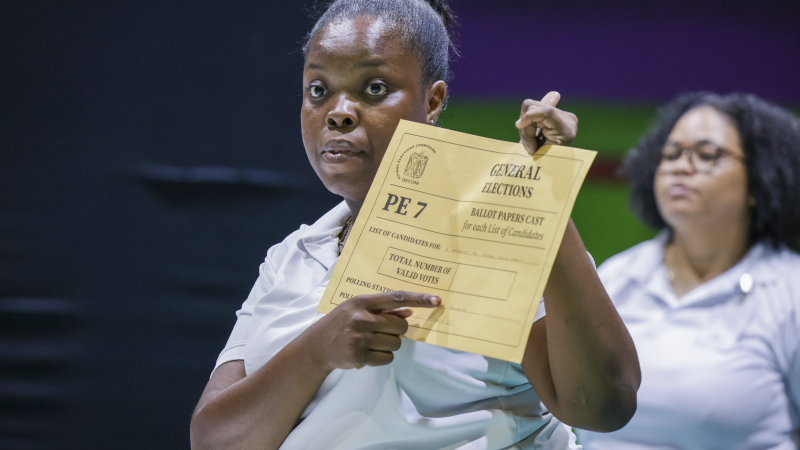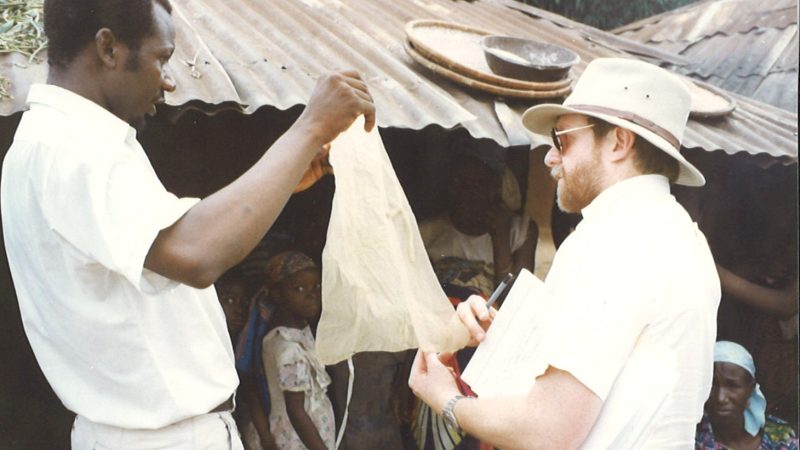From Interns to Employees
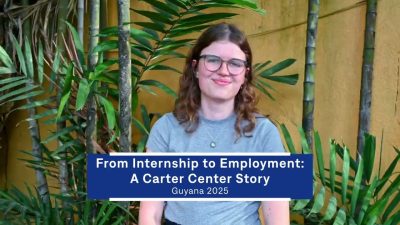
When Foreign Aid Disappeared, The Carter Center Stepped Up
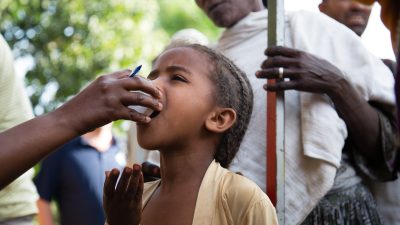
Thank You for Your Support in 2025

From the Frontlines in Africa
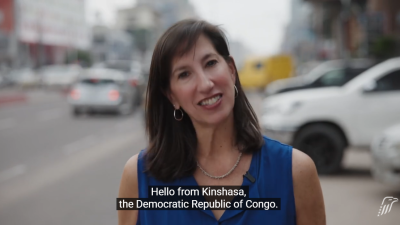
Guyana Rises: An Election Takes Place at a Pivotal Time
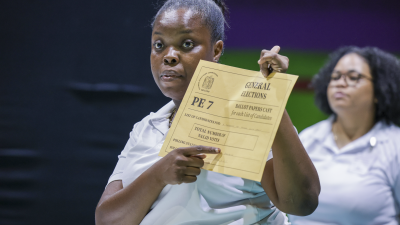
After 37 Years, Guinea Worm Warrior Retires
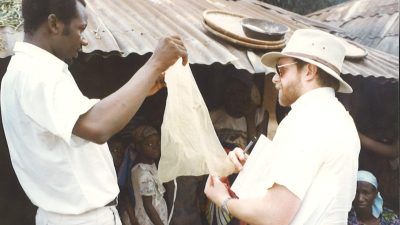
From the CEO: Democracy Depends on Courage
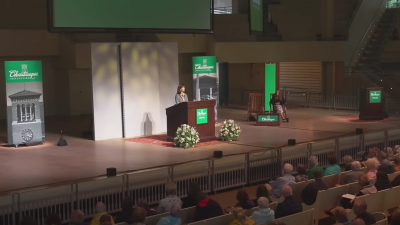
Democracy at Work in Guyana: A Pivotal Election Day
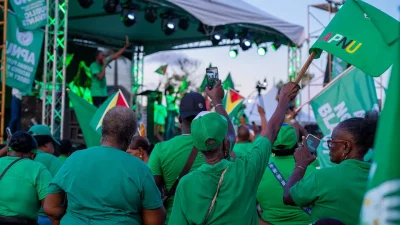
Guinea Worms Live on Borrowed Time in Ethiopia
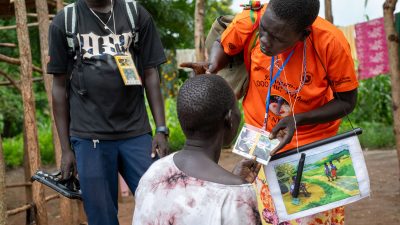
Carter Center Launches New Website
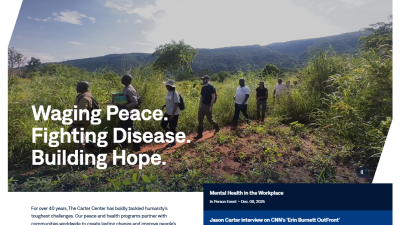
1 of 45
Global Impact Starts with You
Your support sustains the Carter Center's mission of waging peace, fighting disease, and building hope around the world.


